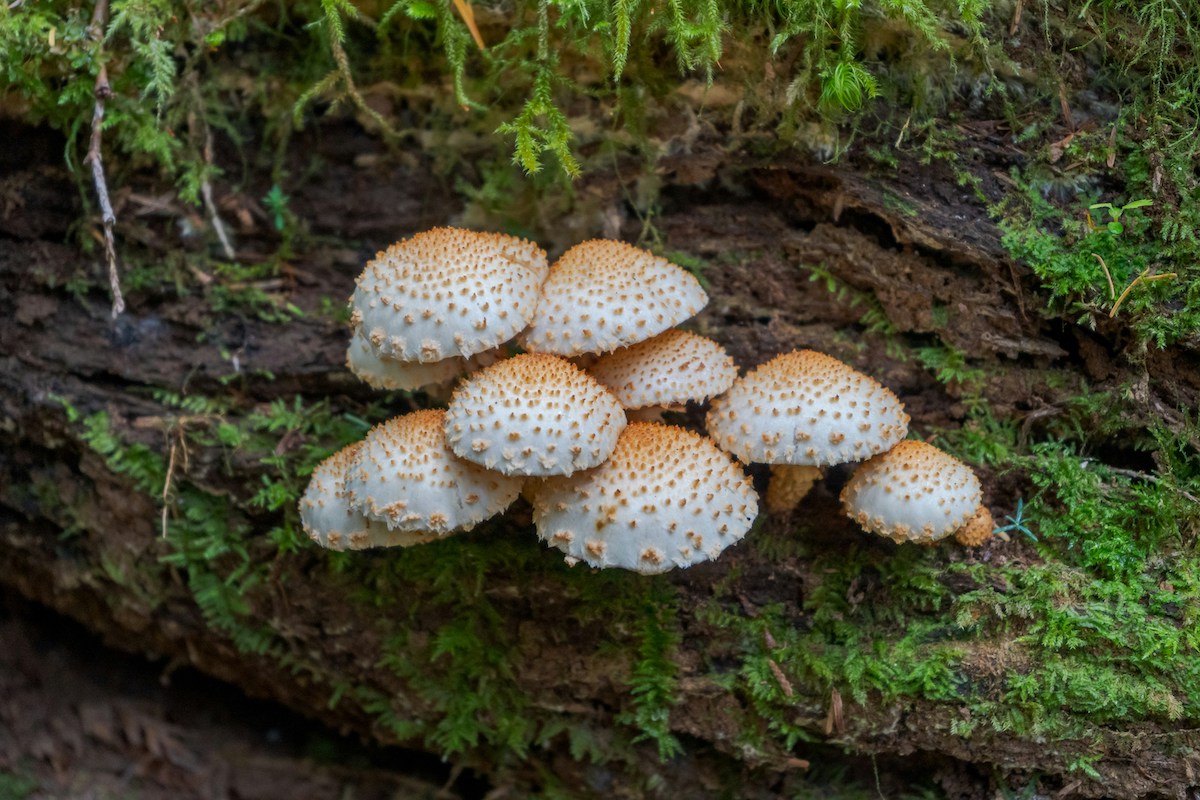If you have an experience to share about psilocybin, please reach out through our Contact Us page! These stories get seen and help spread awareness of how life-changing this medicine can be.
I have always considered myself a fighter. Growing up in a small town in Utah, I faced numerous challenges, from financial struggles to family issues, but nothing prepared me for the relentless battle with depression. It began in my late teens as a vague heaviness that gradually intensified into an unshakable fog. By my mid-twenties, it had morphed into a full-blown crisis. Multiple therapists, an array of medications, lifestyle changes, and countless self-help books failed to lift the veil of darkness that shrouded my life. At 33, I was living a shadow of the life I once dreamed of.
I worked as a software engineer, which allowed me to work from home. My isolation fed my depression, creating a vicious cycle. My friends had long stopped calling, and I hadn’t spoken to my parents in months. Every day felt like wading through molasses, a struggle just to get out of bed, let alone find joy or purpose. After years of suffering, I was diagnosed with treatment-resistant depression. It was a label that came with a sense of hopelessness as if my condition had defeated even the most advanced medical interventions.
One evening, as I was mindlessly scrolling through social media, a headline caught my eye: “Psilocybin Therapy Shows Promise for Treatment-Resistant Depression.” Intrigued, I clicked on the article. It spoke of people like me who had tried everything to no avail but found relief through guided psilocybin sessions. I remembered hearing about “magic mushrooms” in college, but I never thought they could have a place in serious medical treatment. However, as I read on, I discovered that researchers were exploring psilocybin’s potential to reset neural pathways and provide lasting relief from depression.
That night, I stayed up late researching psilocybin therapy. I found studies from reputable institutions and testimonials from people who had undergone the treatment. It sounded almost too good to be true, but after years of feeling like I was living in a dark tunnel with no end in sight, any glimmer of hope was worth pursuing. The next day, I contacted a facilitator who would guide me through a psilocybin session.
Over the next few weeks, I met with my facilitator regularly. We discussed my history, my struggles, and my hopes for the therapy. She emphasized the importance of setting a positive intention for the session and being open to whatever the experience might bring. By the time the day of the session arrived, I felt as ready as I could be.
The treatment room was designed to be comfortable and soothing, with soft lighting, cozy furniture, and calming music. I took the psilocybin in the form of dried mushrooms and lay down on the couch, wearing an eye mask and listening to a carefully curated playlist. The facilitator sat nearby, ready to guide me if needed.
At first, nothing happened. I lay there, trying to quiet my racing thoughts. Gradually, I began to feel a sense of warmth spreading through my body, followed by vivid, shifting patterns behind my closed eyes. The music seemed to flow through me, and I felt a connection to something larger than myself.
As the experience deepened, I found myself confronting emotions and memories I had long buried. I relived moments of pain and joy, feeling them with an intensity that was both overwhelming and cathartic. At one point, I felt as if I was dissolving into the universe, becoming one with everything around me. It was a sensation of profound peace and unity, unlike anything I had ever experienced.
When the effects of the psilocybin began to wear off, I removed the eye mask and sat up slowly. The facilitator was there, offering a reassuring presence. We spent the next hour discussing the experience. I felt a sense of clarity and relief as if a heavy burden had been lifted from my shoulders.
In the days and weeks that followed, I noticed subtle but significant changes in my outlook. The relentless fog of depression had lifted, replaced by a sense of hope and possibility. I started reconnecting with friends and family, finding joy in activities I had long abandoned. It wasn’t a magical cure; I still had to work on maintaining my mental health, but the psilocybin therapy had given me a new lease on life.
It’s been a year since my first psilocybin session. I’ve continued to work with my therapist, integrating the insights gained from the experience into my daily life. I also joined a support group for people who have undergone psychedelic therapy, finding comfort and solidarity in shared stories.
Looking back, I see my journey as one of courage and resilience. I faced the darkest parts of myself and emerged stronger. Psilocybin therapy didn’t just treat my depression; it helped me rediscover my sense of self and purpose. For the first time in years, I feel truly alive.
I still consider myself a fighter, but now I fight not just to survive, but to thrive. And for anyone out there struggling with treatment-resistant depression, I want to say: don’t give up. There is hope, sometimes in the most unexpected places. Full clinical legalization of psilocybin in Utah would be beneficial, offering a lifeline to many others like me who have run out of conventional options. It’s time to recognize the potential of this therapy and make it accessible to those in need.

